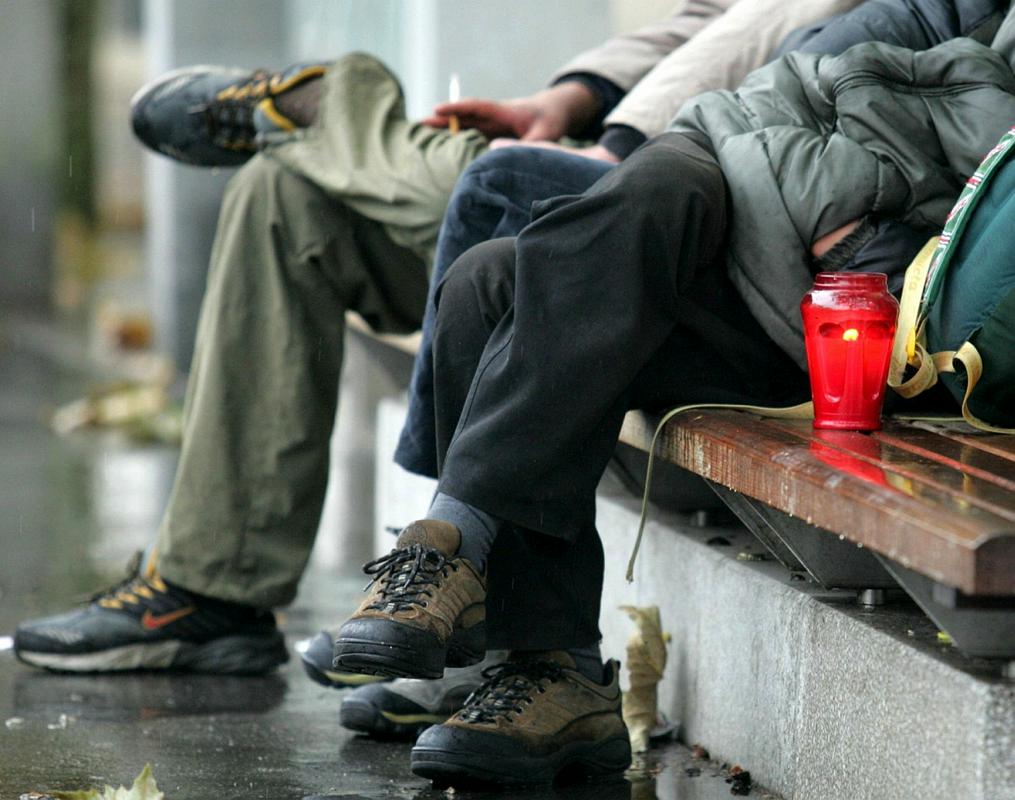
Tamara Narat from the Social Protection Institute of the Republic of Slovenia explains that parents often deny themselves in order to help their children, but sometimes even that is not enough.
"Almost one third of those we asked cannot afford holidays, children cannot participate in paid school activities; most of them state that they possess less material goods than the others," Narat explained.
A representative middle class person should be able to afford most of what the standard of a certain state permits, but he or she has to work for it. Yet standards have changed.
"In the past a caravan in Croatia characterized a person as belonging to the middle class; nowadays a holiday on the Maldives is necessary for the same purpose. It is quite difficult to achieve that goal, and people feel poor, although they could afford themselves caravans on the Croatian coast," says Marko Pahor, a professor at the Ljubljana Faculty of Economics.
Considering the GDP and the level of development, Slovenia should have at least two or three billionaires, but we have none. "Well, in a way that's logical, as during the four post-war decades it had not been possible to accumulate great wealth, and then came 25 years of more or less equal income for everybody, and consequently such great differences in wealth were not possible," Pahor adds.
The two richest Slovenians managed to accumulate EUR 850 million by last year.
Is our society stratified? Statisticians measure inequality using Gini index. On the Gini scale Slovenia is listed among the ten countries with the least inequality – which means that according to official data we are not stratified.
U. V. (RA SLO), translated by G. K.

































































